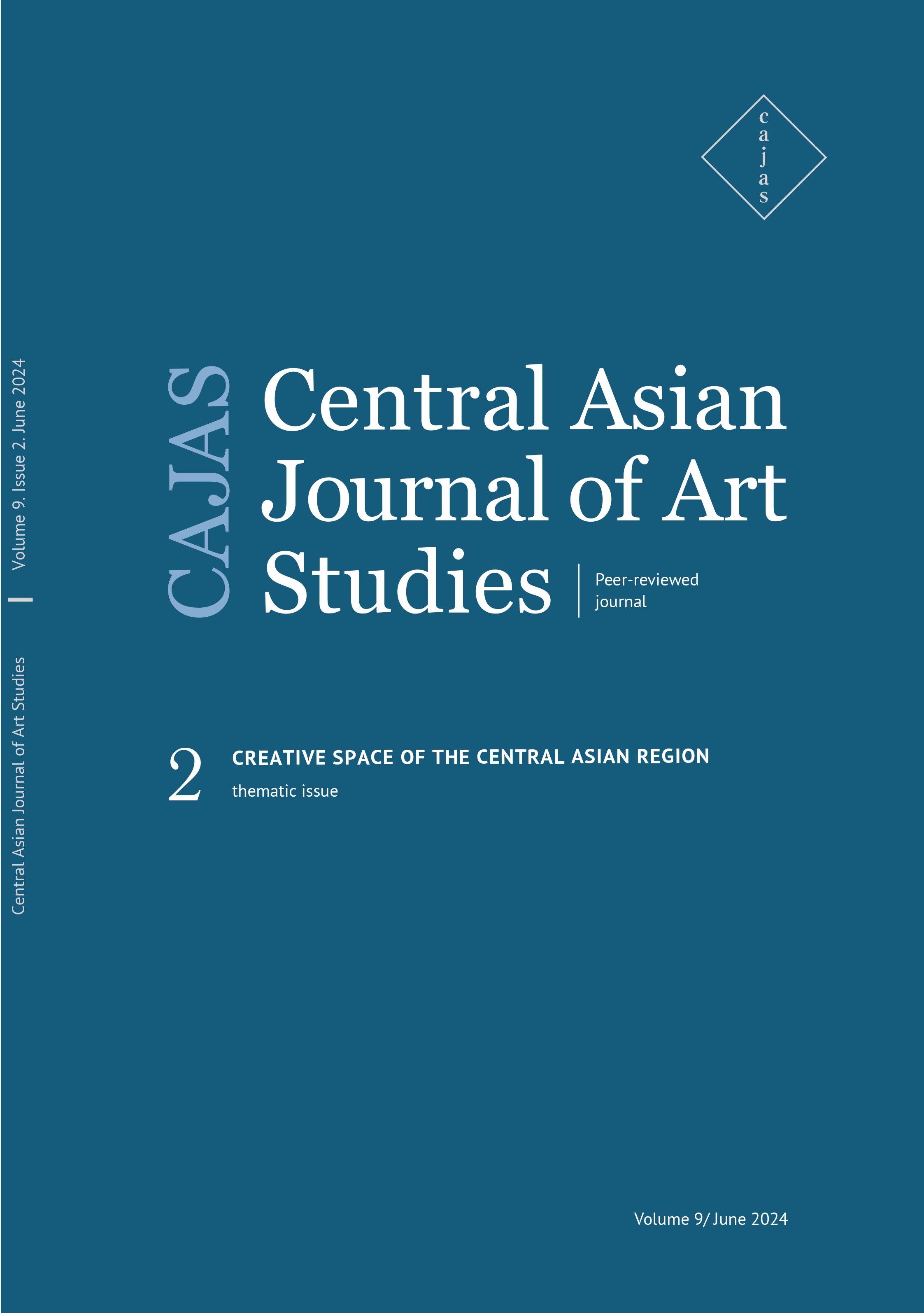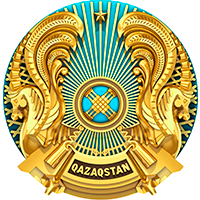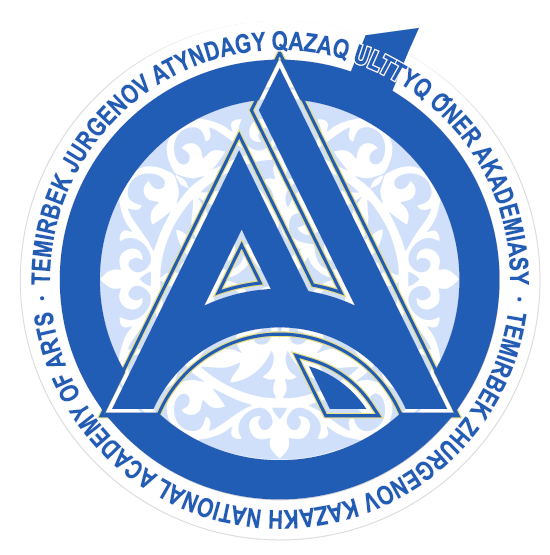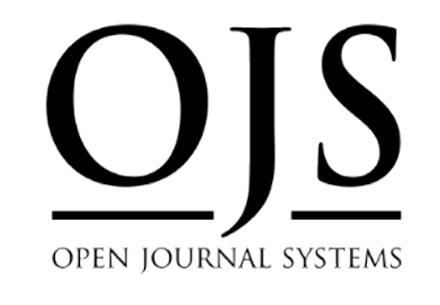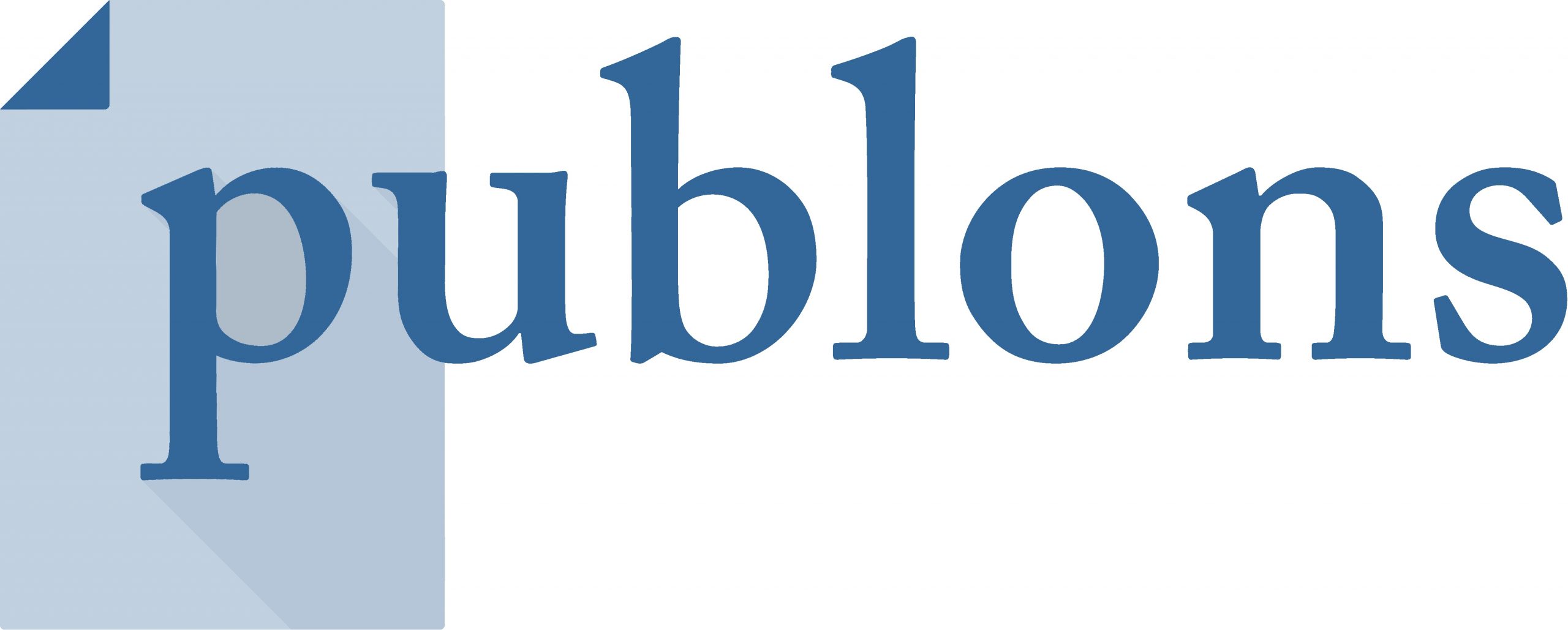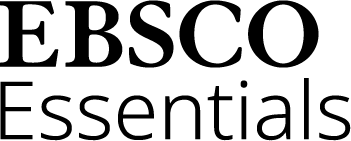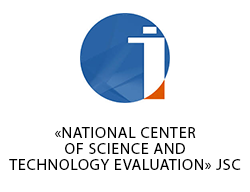ИСКУССТВЕННЫЙ ИНТЕЛЛЕКТ В ОБРАЗОВАНИИ: ОБЗОР КРЕАТИВНОГО ПРОЦЕССА ОБУЧЕНИЯ СТУДЕНТОВ ПО ОБРАЗОВАТЕЛЬНЫМ ПРОГРАММАМ ИСКУССТВА
DOI:
https://doi.org/10.47940/cajas.v9i2.858Аннотация
Актуальность исследования обусловлена прогрессирующим развитием искусственного интеллекта (ИИ), что предоставляет новые перспективы для креативного обучения студентов искусства. Проблема исследования заключается в текущих вызовах к традиционным практикам преподавания искусства, теряющим востребованность в связи с внесением изменений и возможностей интеграции технологий искусственного интеллекта (ИИ). Целью исследования является изучение и анализ технологий искусственного интеллекта (ИИ) для выявления актуальных тенденций, перспективных подходов для концентрации внимания на их влиянии на креативный процесс и образовательные результаты взаимодействия преподавателей и студентов. Методологическая основа базируется на междисциплинарном изучении трудов исследователей по образованию и искусству. Методы исследования включают обзорно-теоретический, искусствоведческий, методико-педагогический анализ, компаративный подход и кейс-стади. Теоретическая значимость исследования заключается в обзоре траекторий образования в области нейронных сетей и научно-теоретическом обосновании применения технологий ИИ в креативном процессе обучения студентов по программам визуального искусства. Практическое значение предоставляют рекомендации для формирования современных и эффективных образовательных стратегий в области искусства на уровне студента: конкретизация понятий и терминов, определение учебных программ с новыми образовательными методиками и персонализированными образовательными практиками, адаптация к изменяющимся требованиям рынка труда, формирование базы для дальнейших исследований. Внедрение результатов исследования позволит систематизировать и оптимизировать методики и подходы креативного процесса обучения студентов искусства инструментами ИИ, виртуальной и дополненной реальности.Ключевые слова:
искусственный интеллект (ИИ), Ключевые слова: искусственный интеллект (ИИ), креативный процесс, студенты искусства, образовательные технологии, программы обучения., студенты по образовательным программам искусства, образовательные технологии, программы обученияСкачивания
Библиографические ссылки
Miao, Fengchun, et al. “AI and education: guidance for policy–makers”. UNESCO, 2021. p. 45. https://doi.org/10.54675/PCSP7350
Antonio, Daniele, Yi–Zhe, Song. “AI + Art = Human”. AIES '19: Proceedings of the 2019 AAAI/ACM Conference on AI, Ethics, and Society, 2019, p. 155–161. https://doi.org/10.1145/3306618.3314233
Axel, Schaffland, et al. “New Interactive Methods for Image Registration with Applications in Repeat Photography.” SUMAC'20: Proceedings of the 2nd Workshop on Structuring and Understanding of Multimedia heritage Contents, October, 2020, pp. 41–48. https://doi.org/10.1145/3423323.3425749
Baker, Ryan. "Data mining for education: Handbook of educational data mining." CRC Press, 2010.
Beijing Consensus on Artificial Intelligence and Education. International conference on Artificial Intelligence and Education, Planing Education in the AI Era: Lead yhe Leap, Beijing, 2019. 13p. Results – UNESCO Цифровая библиотека
Billgren, Uyan, and Dannecker, Lee. "Artificial Intelligence in Education: Current Progress and Future Perspectives". Frontiers in Education, 2019.
Bohnacker, Hartmut, Gross, Benedikt, and Laub, Julia, Lazzeroni, Claudius (ed.), Generative Design: Visualize, Program and Create with Processing, Princeton Architectural Press, Princeton, 2012.
Ahmed, Elgammal, et al. "CAN: Creative Adversarial Networks, Generating "Art" by Learning About Styles and Deviating from Style Norms", 2017.
https://doi.org/10.48550/arXiv.1706.07068.
Draft text of the Recommendation on the Ethics of Artificial Intelligence. UNESCO: SHS/IGM–AIETHICS, 2021, 28p. Draft text of the Recommendation on the Ethics of Artificial Intelligence – UNESCO Цифровая библиотека
Generative AI and the future of education. UNESCO: UNESDOC–Digital Library, 2023, 8p. Generative AI and the future of education – UNESCO Цифровая библиотека
Herman, Daniel. "Adaptive Learning Technologies: Tailoring Psychomotor Instruction to the Needs of Individuals". Journal of Research on Technology in Education, 2010.
Hill, Paul, and Barber, Max. "Building a Data Culture: A framework for measuring data–based decision–making capacity in American education". Washington, DC: Data Quality Campaign, 2014.
Ichiroh, Kanaya, et al. Interactive art to go. ACE '14: Proceedings of the 11th Conference on Advances in Computer Entertainment Technology, November, No.:48, 2014. pp. 1–4 https://doi.org/10.1145/2663806.2663871
ISO/IEC CD 22989 Information Technology – Artificial Intelligence – Artificial Intelligence Concepts and Terminology, 2022. https://www.iso.org/standard/74296.html
Jordan, Michael, and Mitchell, Tom. Machine learning: Trends, perspectives, and prospects, Science, 2015.
Karola, Marky and Annika, Kilian, et al. “Intelligent Music Interfaces: When Interactive Assistance and Augmentation Meet Musical Instruments.” CHI EA '22: Extended Abstracts of the 2022 CHI Conference on Human Factors in Computing Systems. No.: 84, pp. 1–4, 2022. https://doi.org/10.1145/3491101.3503743
Kengo, Tanaka and Tatsuki, Fushimi, et al. “Method and Case Studies of Designing Tactile Graphics for Inclusive Tactile Picture Books by Digital Fabrication and Generative AI”. SIGGRAPH '23: ACM SIGGRAPH 2023 Labs, No.: 10, 2023. pp. 1–2. https://doi.org/10.1145/3588029.3595471
Koreen, Andrew, and Soffer, Tim. "Adaptive e–learning: A review and comparison of multiple learner characteristics." International Journal of Artificial Intelligence in Education, 25(2), 2015, pp.134–150.
K–12 AI curricula: a mapping of government–endorsed AI curricula, UNESCO. 2022, 60p. K–12 AI curricula: a mapping of government–endorsed AI curricula – UNESCO Цифровая библиотека
Lynda, Clark and Divij, Sood. “Working Backwards: Creating a Character Backstory Generation System Using Idealized Creative Writing Outputs: Creating a Character Backstory Generation System Using Idealized Creative Writing Outputs.” FDG '22: Proceedings of the 17th International Conference on the Foundations of Digital Games, No.: 29, 2022, pp. 1–9. https://doi.org/10.1145/3555858.3555867
Malek, Jdaitawi and Fatima, Muhaidat, et al. The Effectiveness of Augmented Reality in Improving Students Motivation: An Experimental Study, Athens Journal of Education. Volume 10, Issue 2, 2023. pp. 365–380. https://doi.org/10.30958/aje.10–2–10
Md Naimul Hoque, Bhavya Ghai, Niklas Elmqvist. “DramatVis Personae: Visual Text Analytics for Identifying Social Biases in Creative Writing”. DIS '22: Proceedings of the 2022 ACM Designing Interactive Systems Conference, 2022. pp. 1260–1276 https://doi.org/10.1145/3532106.3533526
Palle, Dahlstedt. Big Data and Creativity. European Review, 27(3), 2019. 411–439. DOI: 10.1017/S1062798719000073
Philippe, Pasquier and Arne, Eigenfeldt, et al. “An Introduction to Musical Metacreation.” Computers in Entertainment (CIE), Volume 14, Issue 2, No.: 2, 2016, pp. 1–14 https://doi.org/10.1145/2930672
Rawan, Max and Raffaghelli, Joe, et al. "Designing a Learning Analytics Framework: Insights from a Large–Scale European Project". Journal of Learning Analytics, 2018.
Recommendations on the ethical aspects of artificial intelligence, General Conference of the United Nations Educational, Scientific and Cultural Organization (UNESCO) 41st session, Paris, November 24, 2021.
Reimagining our futures together: a new social contract for education. UNESCO, 2021, 188p. https://doi.org/10.54675/ASRB4722
Talan, Tarik. “Artificial intelligence in education: A bibliometric study.” International Journal of Research in Education and Science (IJRES), 7(3), 2021, pp. 822–837.
Tianjiao Guo, Jie Yang, Qi Yu. “Deep Learning Based Neovascularization Detection in Color Fundus Photography Image.” ICCAI '23: Proceedings of the 2023 9th International Conference on Computing and Artificial Intelligence, 2023, pp. 40–45 https://doi.org/10.1145/3594315.3594322
UNESCO Strategy on technological innovation in education (2021–2025). 2021, 5p. UNESCO Strategy on technological innovation in education (2021–2025) – UNESCO Цифровая библиотека
"International Conference on Artificial Intelligence in Education (AIED)". 2023. https://easychair.org/cfp/AIED2023
Xiaojiao, He. “Automatic Recognition System of Landscape Portrait Photography on Account of AI.” APIT '23: Proceedings of the 2023 5th Asia Pacific Information Technology Conference, 2023, pp. 146–151 https://doi.org/10.1145/3588155.3588179
Xuan–Yao, Wang and Wei, Xiao. Application of Video Big Data in Technical Art Training, 2021.
ICIMTECH 21: Retracted on September 15, The Sixth International Conference on Information Management and Technology, No.: 296, 2021, pp. 1–4. https:// doi.org/10.1145/3465631.3465969
GOST Z 59895 – 2021 Tekhnologii iskusstvennogo intellekta v obrazovanii – Obshchiye polozheniya i terminologiya, М. 2021. [GOST R 59895 – 2021 Artificial intelligence technologies in education – General provisions and terminology,] Мoscow, 2021. (in Russian)
Опубликован
Как цитировать
Выпуск
Раздел
Лицензия
Copyright (c) 2024 Central Asian Journal of Art Studies

Это произведение доступно по лицензии Creative Commons «Attribution-NonCommercial-NoDerivatives» («Атрибуция — Некоммерческое использование — Без производных произведений») 4.0 Всемирная.


